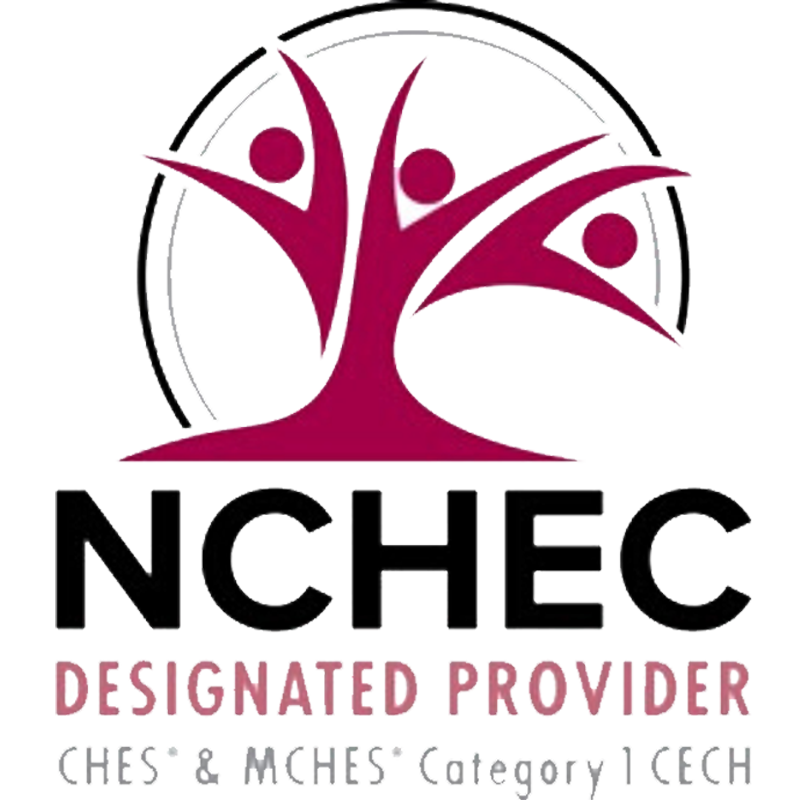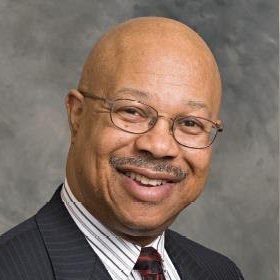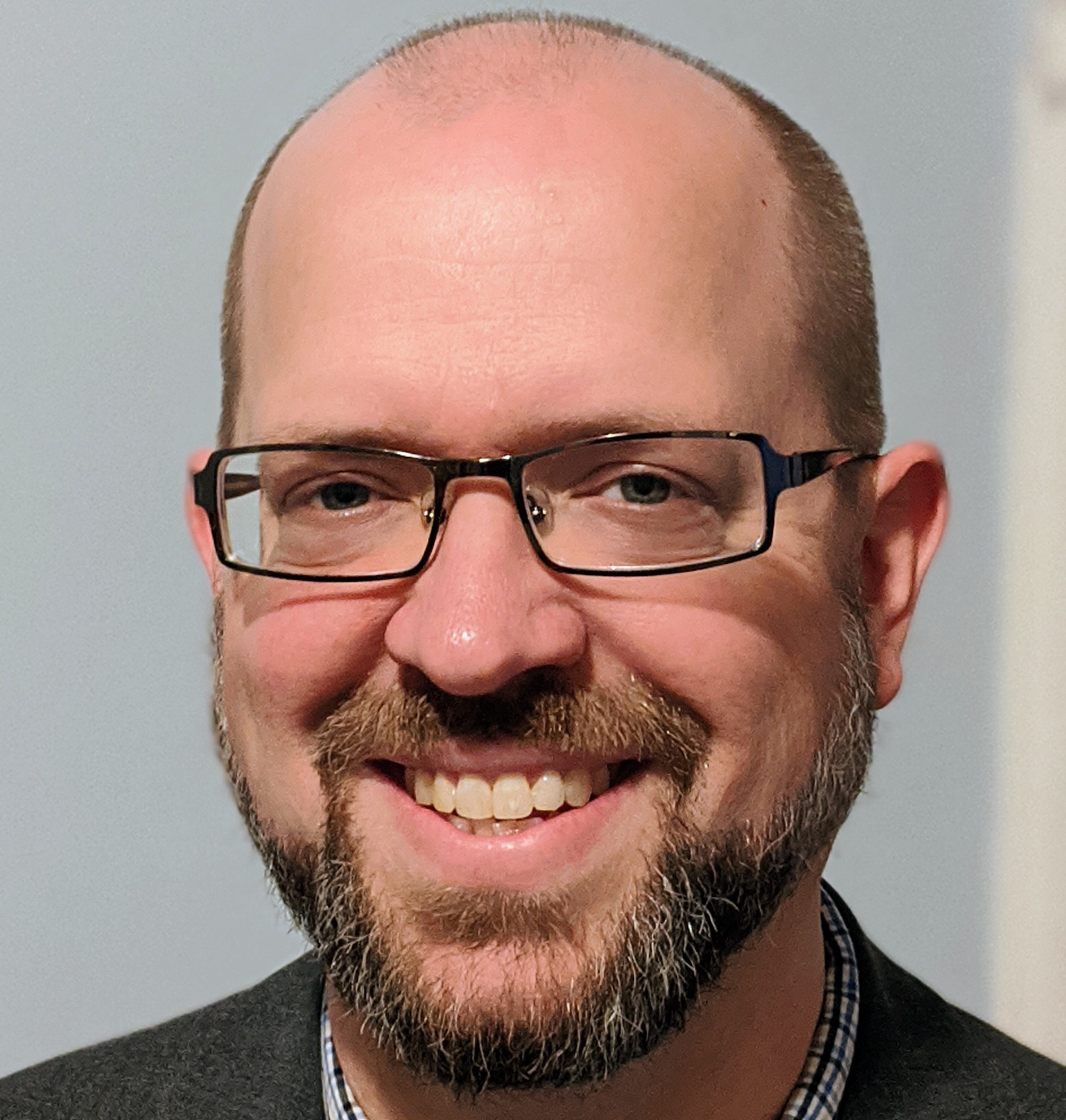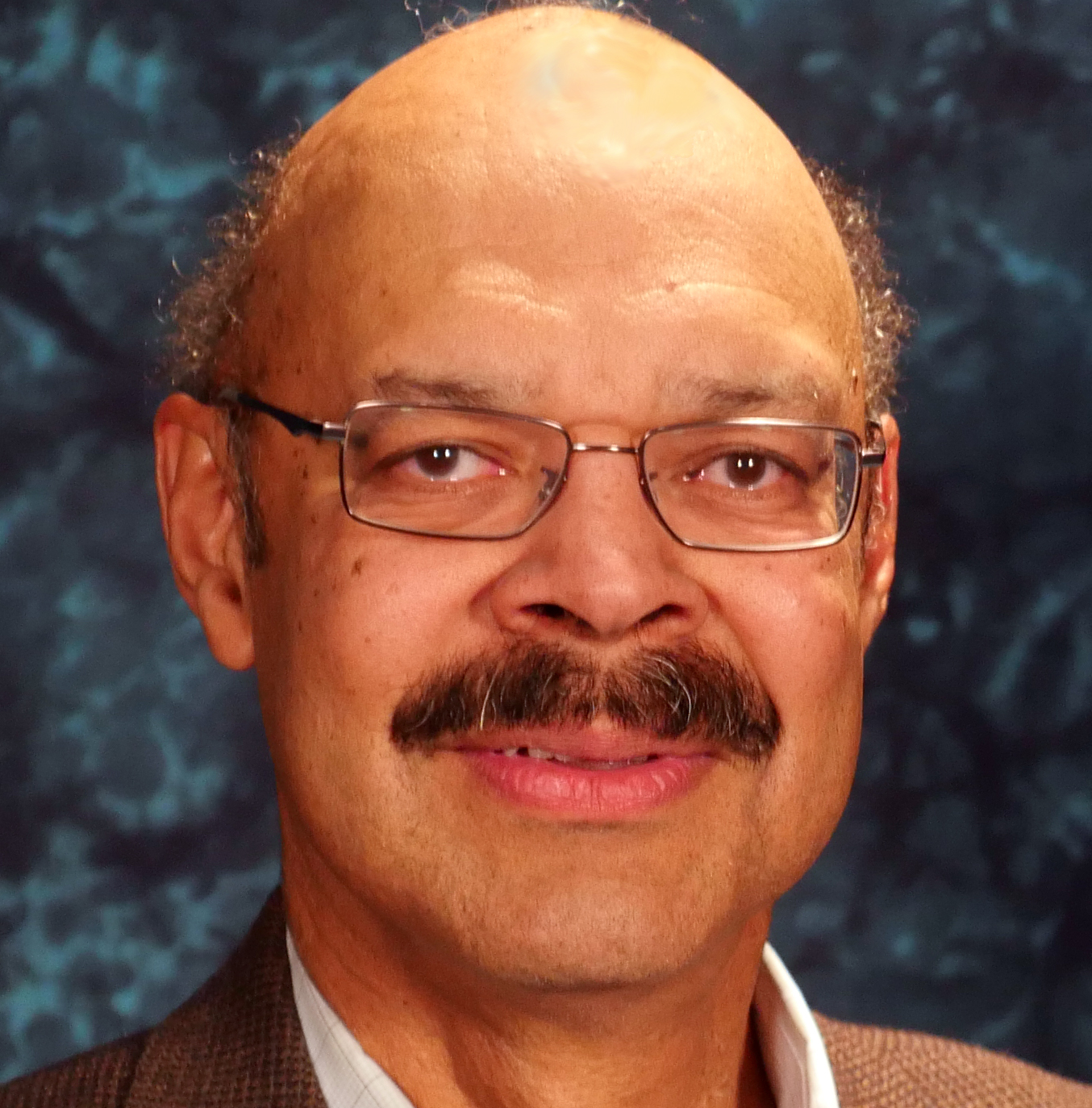
Closing the Digital Divides and Achieving Digital Equity
How does one motivate and mobilize an entire community to attempt to close the digital divide and achieve digital equity?



Register
Course Information
- Audience: Public Health Professionals and working professionals in Western Massachusetts
- Format: Online Webinar, Q&A option for participants with both guest panelists
- Date/Time: October 21, 2020
12:00 - 1:00 PM EST - Price: Free
- Length: 1 hour (50 minutes for panelists and remaining 10 for questions and evaluation)
- Credential(s) eligible for contact hours: Sponsored by New England Public Health Training Center (NEPHTC), a designated provider of continuing education contact hours (CECH) in health education by the National Commission for Health Education Credentialing, Inc. This program is designated for Certified Health Education Specialists (CHES) and/or Master Certified Health Education Specialists (MCHES) to receive up to 1 total Category I continuing education contact hours. Maximum advanced-level continuing education contact hours are 1. Provider ID: 1131137 Event ID: PM1131137_10212020.
If you are not seeking CHES/MCHES contact hours, if you complete the evaluation, you will receive a Certificate of Completion. The Certificate will include the length of the course.
- Competencies: Policy Development and Program Planning Skills
- Learning Level: Awareness
- Companion Trainings: None
- Supplemental materials:Session PowerPoint
- Pre-requisites None
About this Webinar
The digital divide* is a public health crisis now more than ever. In the heightened moment of COVID-19 we see a digital divide gap widening throughout Western Massachusetts. This webinar will discuss how Western Massachusetts communities are addressing the digital divides resulting from digital literacy, internet connectivity, internet infrastructure particularly equipment, and policy. This conversation simultaneously includes urban and rural communities in a collective approach in addressing low income and BIPOC (Black, Indigenous, People of Color) communities.
*A digital divide is an economic and social inequality with regard to access to, use of, or impact of information and communication technologies(ICT).[1] The divide within countries (such as the digital divide in the United States) may refer to inequalities between individuals, households, businesses, or geographic areas, usually at different socioeconomic levels or other demographic categories . - From Wikipedia, https://en.wikipedia.org/wiki/Digital_divide
What you'll learn
At the end of the course, participants will be able to:
- List standard and functional definitions for digital divide, digital equity, and digital literacy
- Discuss how to assess where digital divides occur in your organization or community
- Describe the steps for mobilizing stakeholders to heighten awareness of digital divides and take action to close divides in program, organization, and community settings
Subject Matter Experts

Frank Robinson, Ph.D.
Paul Foster

Paul R Murphy
In 2015 Frank Robinson, Ph.D., became the Vice President of Public Health & Community Relations for Baystate Health. In this role, Dr. Robinson is responsible for integrating clinical and community care to better serve vulnerable people and populations across the spectrum of diversity and create healthier communities. In leading Baystate’s efforts to expand the definition of health to include economic opportunity; access to education, nutritious food and culture; safe neighborhoods, and other underlying essentials of a person’s and a community’s ability to thrive, Dr. Robinson focuses on building community partnerships to achieve large-scale health improvements, including resource development, health education and health equity initiatives and community benefits.
Dr. Robinson earned his Ph.D. in Public Health - Community Health Education from the University of Massachusetts, Amherst, MA; his Master of Arts in Community Psychology from Mansfield University, Mansfield, PA; and his Bachelor of Arts in Psychology from State University of New York, Oswego, NY.
Residency Program at the Maine Medical Center. She helps co-found the Yarmouth Community Coronavirus Task Force in Yarmouth Maine.
Paul Foster is the Chief Information and Accountability Officer for the Springfield Public Schools. A member of the Superintendent’s Cabinet, he is responsible for technology, digital learning, assessment, planning and evaluation, computer science instruction, data, and research. In this role he has led the implementation of a one-to-one computing program for every student in the district; expanded the availability and use of data and predictive analytics; launched Springfield’s computer science for all initiative; and, created the community data warehouse for data sharing between the school district and community-based organizations serving children.
Mr. Foster’s background is in research and data analytics in the public sector as he served as the Regional Information Center Manager at the Pioneer Valley Planning Commission; as an Analyst with the Massachusetts Budget and Policy Center; and as the founder and first Director of the City of Springfield’s CitiStat performance management program. A proud resident of Springfield, he has a BA in History and African American Studies from Harvard College and an MA in Social Policy from Brandeis University.
Paul Murphy is the incoming Board Chair of the Community Foundation of Western Massachusetts. Recently, he was Chair of the Community Foundation’s Distribution Committee. In that role, Mr. Murphy participated in the distribution of more than $6,500,000 from the Community Foundation’s COVID-19 Response Fund to nonprofit organizations serving vulnerable individuals and families throughout the Pioneer Valley.
Mr. Murphy is a Trustee of Baystate Health and has served on the Board of Trustees of other nonprofit organizations. He is the retired Legal and Administrative Counsel of Amherst College and a former Partner of Foley Hoag LLP, a Boston-based law firm with offices in New York, New York, Washington, D.C. and Paris, France. Mr. Murphy has a BA in Physics from Amherst College and a J.D. from Yale Law School. Paul and his wife, Dale live in Northampton, MA.
Registration
Select the Enroll Me button below to register for this webinar. If you have any trouble accessing the webinar, contact support@nephtc.org.
Acknowledgement: This project is/was supported by the Health Resources and Services Administration (HRSA) of the U.S. Department of Health and Human Services (HHS) under grant number UB6HP31685 “Regional Public Health Training Center Program.” This information or content and conclusions are those of the author and should not be construed as the official position or policy of, nor should any endorsements be inferred by HRSA, HHS or the U.S. Government.
* Yale School of Public Health,
Office of Public Health Practice, a New England Public Health Training Center
partner, is a designated provider of continuing education contact hours (CECH)
in health education by the National Commission for Health Education
Credentialing, Inc. All CHES credit inquiries are managed by YSPH

